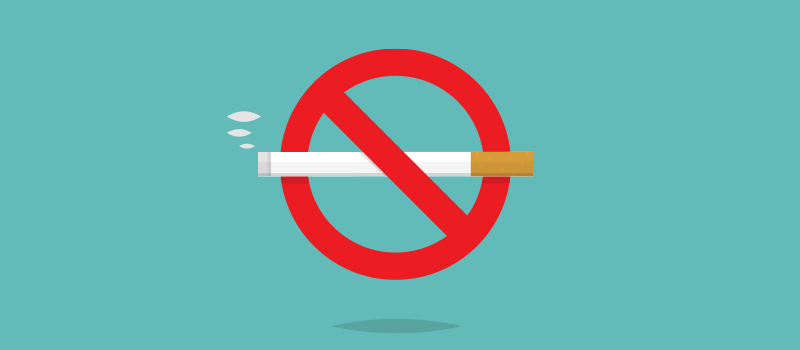““You can’t build a reputation on what you are going to do, but you can build a solid reputation on doing what you say you will do””
This statement highlights the importance of consistency and follow-through in establishing a reputation. As if you go around making promises or having good intentions is not enough to build a solid reputation. Your reputation is based on your actions and the extent to which you fulfil your commitments. When you consistently deliver on your promises and demonstrate reliability, people begin to trust and respect you, which contributes to building a strong reputation. I think actions speak louder than words when it comes to reputation building. Consistently delivering on your commitments and promises is crucial for establishing a solid reputation.
What are you doing to build your reputation?
I think your reputation is how others see your character, skills, behaviour and values, therefore, it’s vitally important to be introspective and honest with yourself. Contact me via e-mail for 1:1 coaching sessions.





















